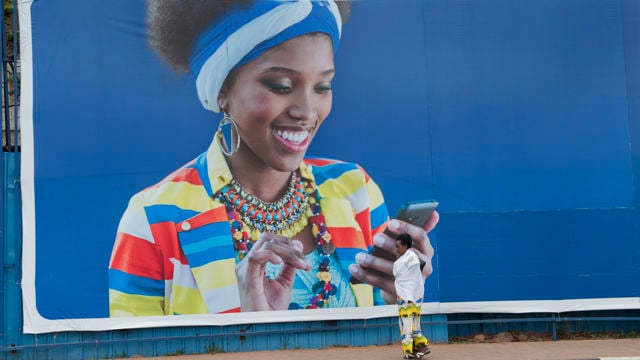Rwanda: Foreign Aid and Welfare in Illiberal States

Foreign Aid and Welfare in Illiberal States: The Case of Social Protection in Post-Genocide Rwanda
🔗 Click here to register for the event
Rwanda has experienced a remarkable recovery since the 1994 Genocide against the Tutsi. The country has built one of Africa's most expansive social welfare systems, with heavy investment in healthcare and education - drawing on substantial support from foreign donors, including Norway. These policies have helped increase Rwandans' average life expectancy from 47 to 69 years under Kagame's presidency. Nonetheless, the country has attracted regular criticism for its crackdown on dissent at home and abroad and its involvement in conflict in the wider Great Lakes region.
Norad invites you to a presentation by professor Phil Clark from SOAS, University of London, where he examines Rwanda's paradoxical trajectory since Paul Kagame became President in 2000.
Drawing on more than 20 years of conducting field research in Rwanda, Phil Clark will - among other things - discuss these pressing questions:
- How has a state often depicted as authoritarian, led by a President commonly described as a dictator, achieved these substantial social and economic gains?
- What does this mean for Rwanda's long term social equilibrium?
- And how does the Rwandan case illuminate wider debates about the role of foreign aid to illiberal states such as Ethiopia, Somalia, Sudan and elsewhere?
There will be room for questions during the presentation.
Welcome!